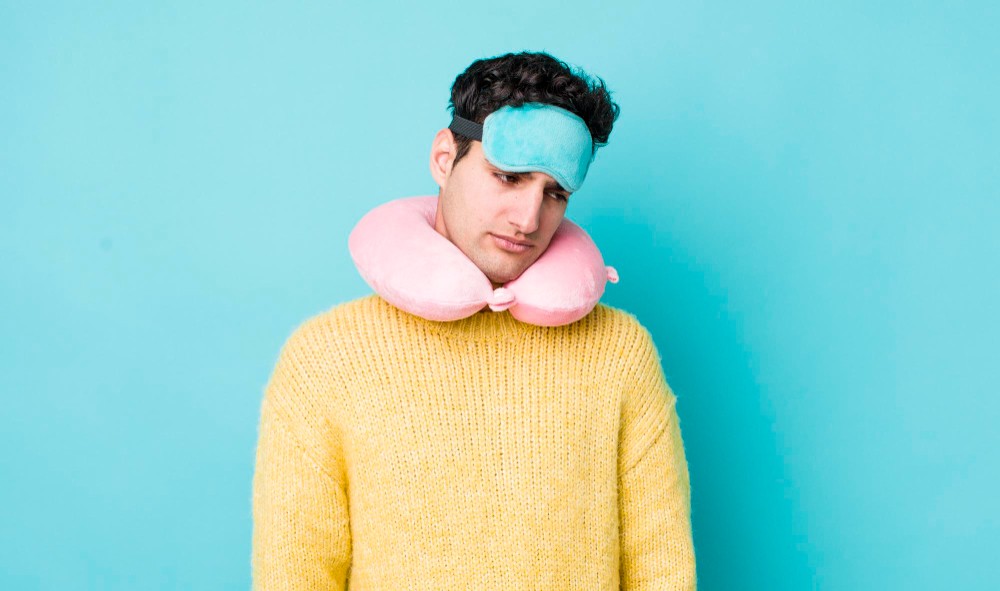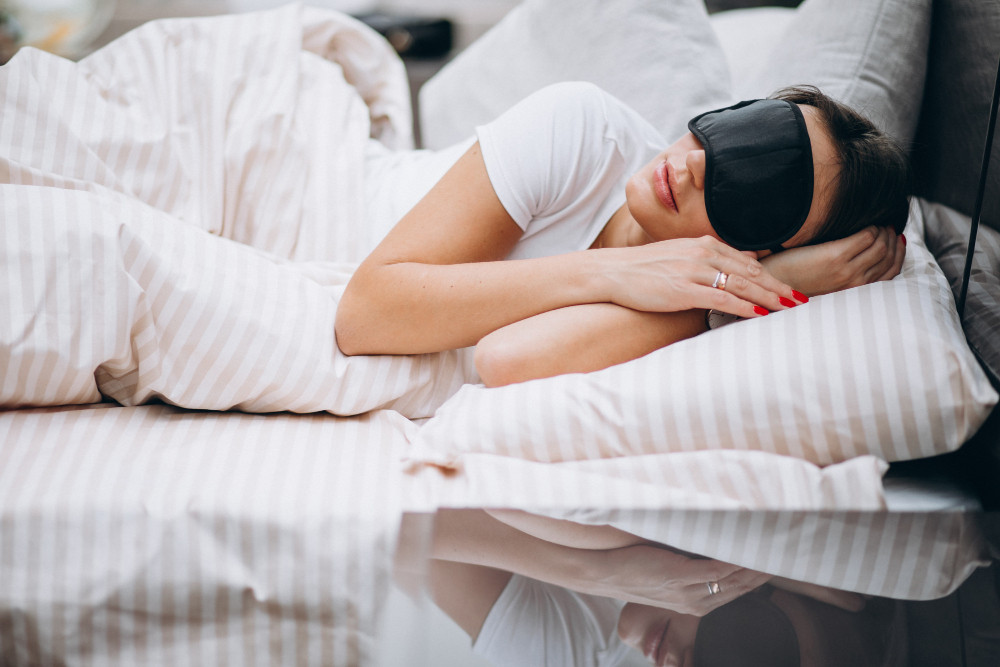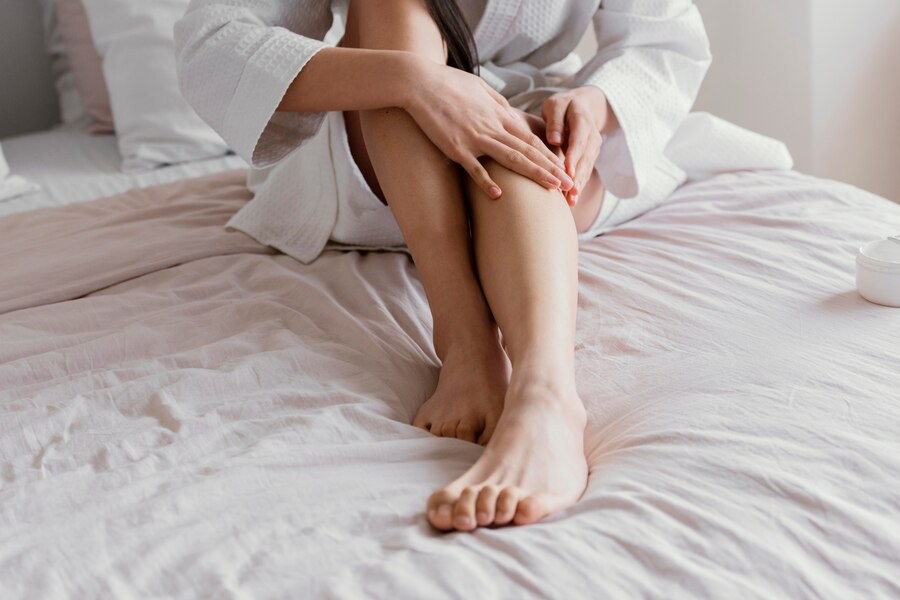Sleep patches are a popular patch that helps those who have trouble sleeping. These patches are available over the counter without a prescription. It's quite easy to use; just stick it on before bedtime.
How does the sleep patch work, and is it safe to use?
Benefits of melatonin in overcoming sleep problems
One of the ingredients in sleep patches is melatonin. Melatonin is a naturally occurring hormone that regulates the sleep-wake cycle. Melatonin supplements have long been used to aid in the treatment of insomnia and other sleep disorders.
Melatonin helps stimulate sleep by regulating the body's circadian rhythm. Melatonin also reduces the amount of time it takes to fall asleep, allowing for faster sleep. Melatonin helps maintain restful sleep and reduces wakefulness in the middle of the night. So, with better sleep quality, you will feel more refreshed and fit when you wake up.
Read more: Is There A Side Sleep Effect Next To Your Phone?
How do sleep patches work?
A sleep patch is a product designed to help improve sleep. It usually comes in the form of a patch or sticker that is applied to the skin. Sleep patches contain ingredients that are claimed to stimulate relaxation, reduce stress, and promote restful sleep.
The way sleep patches work varies depending on the formulation and ingredients contained within. However, in general, sleep patches are designed to deliver certain ingredients to the body through skin absorption. Sleep patches are generally applied to the skin, usually in specific areas such as the arms, wrists or chest. The active ingredients contained in the sleep patch can be absorbed through the skin and into the bloodstream.
Sleep patches are designed to release the active ingredients gradually over a period of time. This can allow the effects of the active ingredients to last longer in the body compared to supplements taken orally.
Some sleep patches contain ingredients that are claimed to have calming and relaxing effects. For example, chamomile or lavender extracts contained in sleep patches may help reduce restlessness and stimulate a sense of calm.
Read more: Benefits Of Napping For Adults
Is it safe to use sleep patches to treat sleep problems?
Sleep patches include melatonin supplements that are considered safe when used in the short-term. However, as with any supplement or drug, their use may cause side effects, including:
- Headache
- Dizziness
- Mood swings
- Stomach cramps
Additionally, it is important to understand that melatonin can cause significant drowsiness. Therefore, it is advisable to avoid driving or operating heavy machinery after taking supplemental melatonin, especially in higher doses.
Melatonin supplementation is also risky for some people, among them:
- Pregnant and breastfeeding mothers
- Preparing for pregnancy
- Have a history of high blood pressure
- Depression
- Seizures
- Children
- Recently underwent an organ transplant procedure
- Taking certain medications
Sleep patches are available over the counter and do not require a prescription to purchase. However, a doctor can help evaluate sleep needs, give appropriate advice, and weigh the overall benefits and risks of using melatonin.
If you need medical advice or consultation, you can either visit a doctor or make use of the consultation features that are available in the Ai Care application by downloading the Ai Care application from the App Store or Play Store.
Looking for more tips and health tricks, first aid, and home remedies? Click here!
- Sean Edbert Lim, MBBS
Sarah Shoen (2022). Do Melatonin Sleep Patches Help You Fall Asleep?. Available from: https://www.sleepfoundation.org/melatonin/melatonin-sleep-patch
National Center for Complemantary and Integrative Health (2022). Melatonin: What You Need To Know. Available from: https://www.nccih.nih.gov/health/melatonin-what-you-need-to-know
John Hopkins Medicine. Melatonin for Sleep: Does It Work?. Available from: https://www.hopkinsmedicine.org/health/wellness-and-prevention/melatonin-for-sleep-does-it-work
NHS UK (2021). Insomnia. Available from: https://www.nhs.uk/conditions/insomnia/











